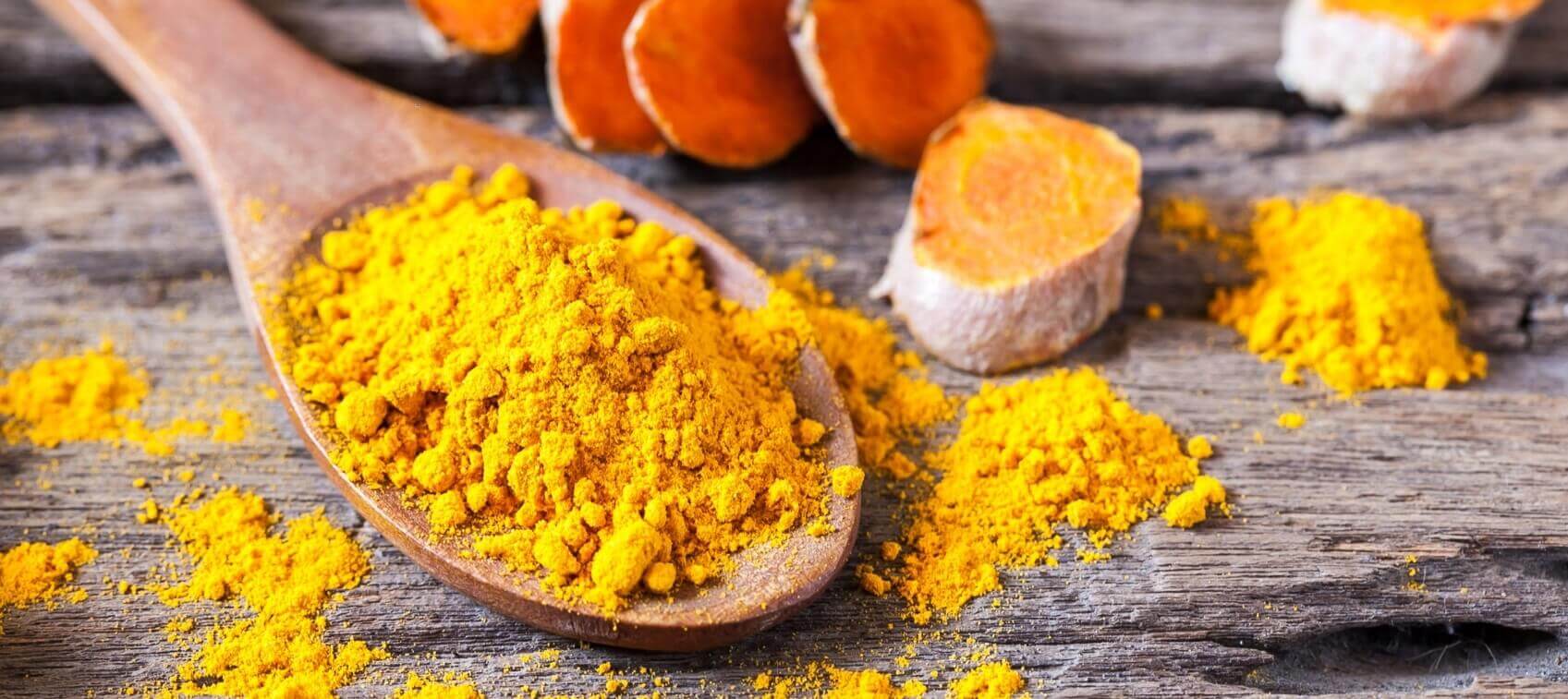
To most people in India, the tasty bright yellow spice turmeric is affectionately known as “the kitchen queen” because everyone there uses it in cooking. It’s the main spice in any curry dish.
Turmeric has also long been one of my favorite spices in a heart-healthy diet plan. That's because turmeric contains a powerful antioxidant and anti-inflammatory compound called curcumin that supports your cardiovascular health.
How Does Turmeric Help Your Heart?
The curcumin in turmeric helps to support your heart in several important ways:
- Promoting a Healthy Inflammatory Response: Curcumin helps to modulate your the inflammatory response throughout your body, including your heart. It does that by helping to inhibit the pro-inflammatory pathways, including NF-kB which is involved in the inflammatory reactions that can lead to heart disease.
- Supporting Endothelial Function: Research suggests curcumin helps to support the endothelial cells that line your heart and blood vessel walls. Specifically, it helps these cells to release nitric oxide, the chemical that allows your blood vessels to dilate as they should and pump blood throughout your body. Not having enough nitric oxide can lead to poor circulation and heart disease.
- Reducing Excess Platelet Aggregation: Curcumin helps to reduce excess platelet aggregation that occurs in sticky clot-forming blood. This is important for supporting healthy blood flow and healthy blood pressure.
Curcumin’s antioxidant benefits have also been shown to protect the entire body, including the brain. Plus, it’s anti-inflammatory benefits can help to relieve pain.
How to Get the Heart Health Benefits of Turmeric
Since inflammation is the root cause of so many conditions, including heart disease, curcumin’s well-established anti-inflammatory abilities make it an important component in a heart-healthy diet plan. That’s why I cook with plenty of turmeric and suggest you do the same.
You can add turmeric to chicken recipes, soups, roasted vegetables, and scrambled eggs. For the best absorption, you want to add turmeric to warm dishes that contain healthy fats, such as olive oil, since turmeric's health-promoting compounds are fat-soluble. You can also add turmeric to cold dishes like salad dressings and smoothies.
Yet, it's tough to get the health benefits of turmeric through foods alone. Therefore, I recommend also taking a supplement that contains curcumin, the active ingredient in turmeric.
Just keep in mind that curcumin in supplement form tends to pass quickly through the gastrointestinal tract without being fully absorbed, so you miss out on many of its health benefits. Therefore, you want to look for a turmeric supplement that's highly bioavailable, meaning the curcumin is easy for your body to absorb and use.


